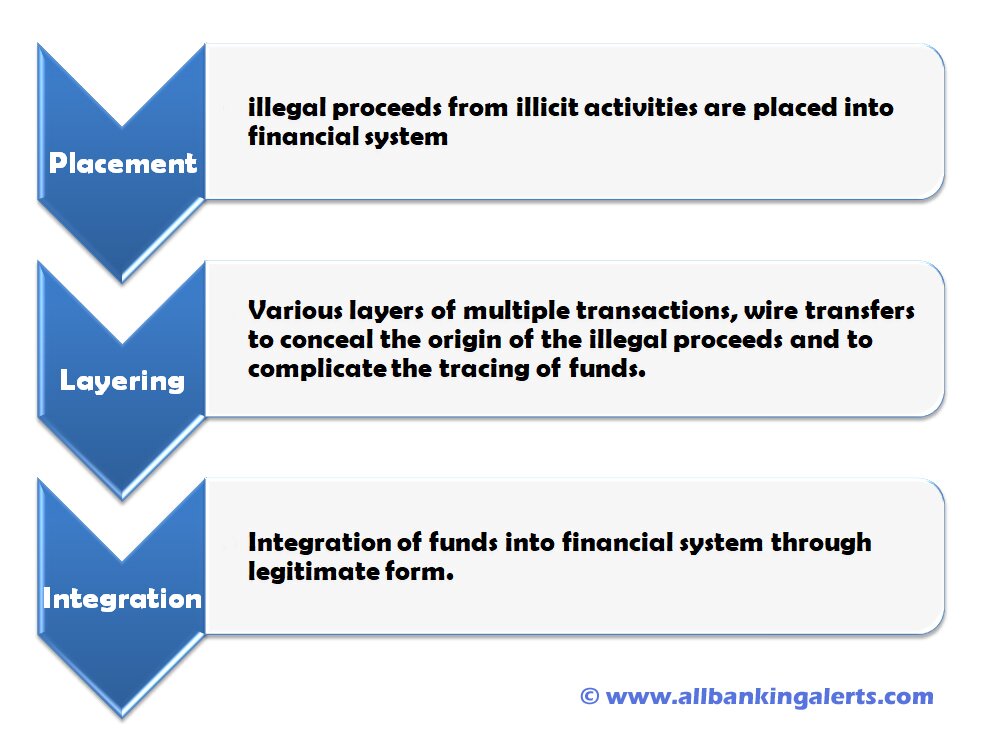Your Following stage of infection images are ready in this website. Following stage of infection are a topic that is being searched for and liked by netizens today. You can Download the Following stage of infection files here. Find and Download all royalty-free images.
If you’re searching for following stage of infection pictures information connected with to the following stage of infection interest, you have pay a visit to the ideal site. Our website always provides you with hints for downloading the highest quality video and picture content, please kindly hunt and locate more enlightening video articles and graphics that fit your interests.
Following Stage Of Infection. Symptoms include the following. Stage 3 is when a persons immune system is very badly damaged and can no longer fight off serious infections and illnesses. It is the last stage of viral infection during this step after the assembly of virus particles they are released from the host cell and started to infect other cells. Time between infection and occurence of the first symptoms or signs of disease.
 The Viral Life Cycle Microbiology From courses.lumenlearning.com
The Viral Life Cycle Microbiology From courses.lumenlearning.com
A secondary infection can sometimes occur after the hosts defenses or normal microbiota are compromised by a primary infection or antibiotic treatment. Prodromal stage Clinical stage Decline stage Incubation stage Prodromal stage Clinical stage Decline stage Incubation stage. The start of the disease is when the bacterial organisms become aggressive. Opportunistic infections that the immune system is normally able to fight off may begin to occur. Following exposure and infection a sequence of events called the disease process can occur. Chronic infection is characterized by the continued presence of infectious virus following the primary infection and may include chronic or recurrent disease.
Stage 2 is when many people start to feel better and may last for 10 years or more.
In the CDC system it corresponds with stage 2 a CD4 count between 200 and 500. Past infection convalescent period. Acute HIV Infection. For example with meningitis infection of the lining of brain the periods of infectivity depend on the type of pathogen causing the infection. Newly formed viruses follow two different methods to release from the host cell such as. The majority of infections however have incubation periods ranging between 2 and 30 days.
 Source: courses.lumenlearning.com
Source: courses.lumenlearning.com
Which of the following stages of infectious mononucleosis infection is characterized by antibody to Epstein-Barr nuclear antigen EBNA. Prodromal period of an infectious illness is the period between end of incubation period and the point at which the characteristic symptoms of the illness appear. Eggs containing the second stage larva are called as embryonated eggs. The earliest notable symptoms of infection appear as a vague feeling of discomfort such as head muscle aches fatigue upset stomach and general malaise. The start of the disease is when the bacterial organisms become aggressive.
 Source: infectionpreventionandyou.org
Source: infectionpreventionandyou.org
Patients with bacterial meningitis are contagious during the. Which of the following stages of infectious mononucleosis infection is are characterized by heterophile antibody. During this time some people have flu-like symptoms such as fever headache and rash. Recent acute infection. It is the time between the entry of infectious agent in the host and the onset of symptoms During this time the infectious agent invades the tissue and to produce an infection.
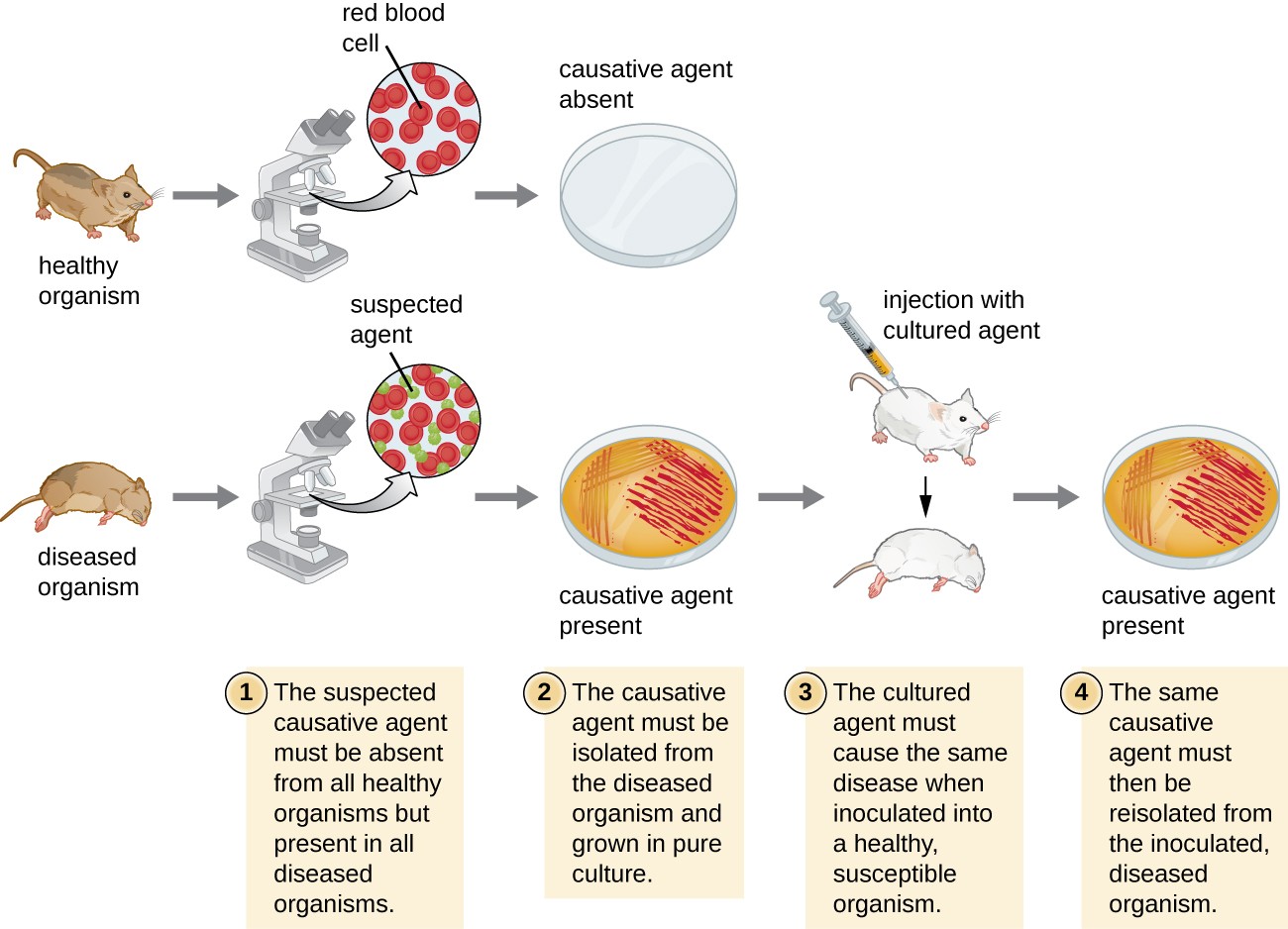 Source: courses.lumenlearning.com
Source: courses.lumenlearning.com
Divided into 5 stages incubation prodromal illness decline convalescence. Pathogens enter the body through portals of entry and leave through portals of exit. People acquire the infection by ingesting embryonated eggs with contaminated food and water. Prodromal stage Clinical stage Decline stage Incubation stage Prodromal stage Clinical stage Decline stage Incubation stage. Prodromal period of an infectious illness is the period between end of incubation period and the point at which the characteristic symptoms of the illness appear.
 Source: courses.lumenlearning.com
Source: courses.lumenlearning.com
During this time some people have flu-like symptoms such as fever headache and rash. Opportunistic infections that the immune system is normally able to fight off may begin to occur. Stage 2 is when many people start to feel better and may last for 10 years or more. Therefore the correct answer is option C. During this time some people have flu-like symptoms such as fever headache and rash.
 Source: courses.lumenlearning.com
Source: courses.lumenlearning.com
But the reaction of all bacteria is to become intimate with the human cells in the body. Which of the following stages of infectious mononucleosis infection is characterized by antibody to Epstein-Barr nuclear antigen EBNA. While latent or latency period may be synonymous a distinction is sometimes made between incubation period the period between infection and onset of the disease and latent period the time from infection to infectiousness. During this time a person may have no symptoms. These are infective to the human host.
 Source: courses.lumenlearning.com
Source: courses.lumenlearning.com
Opportunistic infections that the immune system is normally able to fight off may begin to occur. The stages of pathogenesis include exposure adhesion invasion infection and transmission. Different bacteria worked in different ways. Following exposure and infection a sequence of events called the disease process can occur. Recent acute infection.
 Source: courses.lumenlearning.com
Source: courses.lumenlearning.com
The earliest notable symptoms of infection appear as a vague feeling of discomfort such as head muscle aches fatigue upset stomach and general malaise. The symptoms are similar to those of the flu which last for a week or two. Time between infection and occurence of the first symptoms or signs of disease. Which of the following stages of infectious mononucleosis infection is are characterized by heterophile antibody. But the reaction of all bacteria is to become intimate with the human cells in the body.
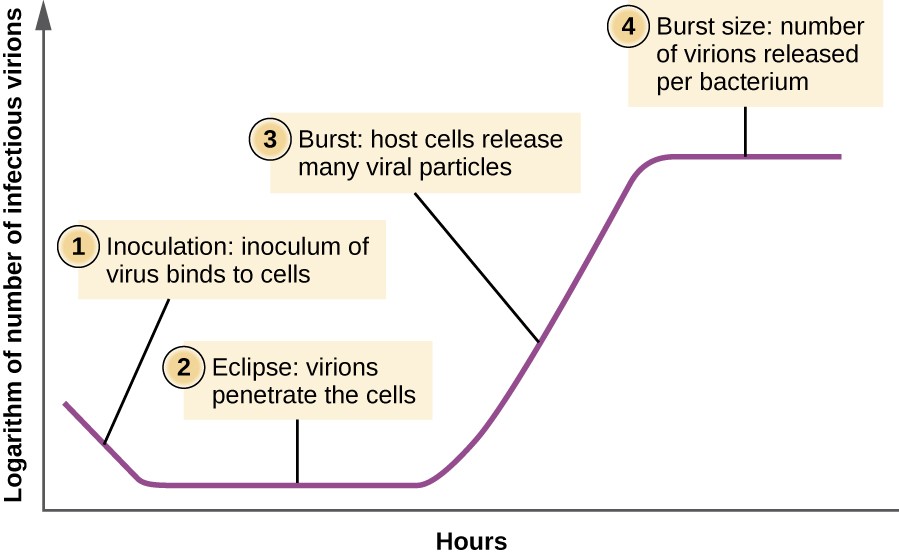 Source: courses.lumenlearning.com
Source: courses.lumenlearning.com
Each stage has a unique set of symptoms. Different bacteria worked in different ways. Time between infection and occurence of the first symptoms or signs of disease. Prodromal stage Clinical stage Decline stage Incubation stage Prodromal stage Clinical stage Decline stage Incubation stage. A person in the prodromal stage of an infectious illness often displays nonspecific symptoms such as fatigue.
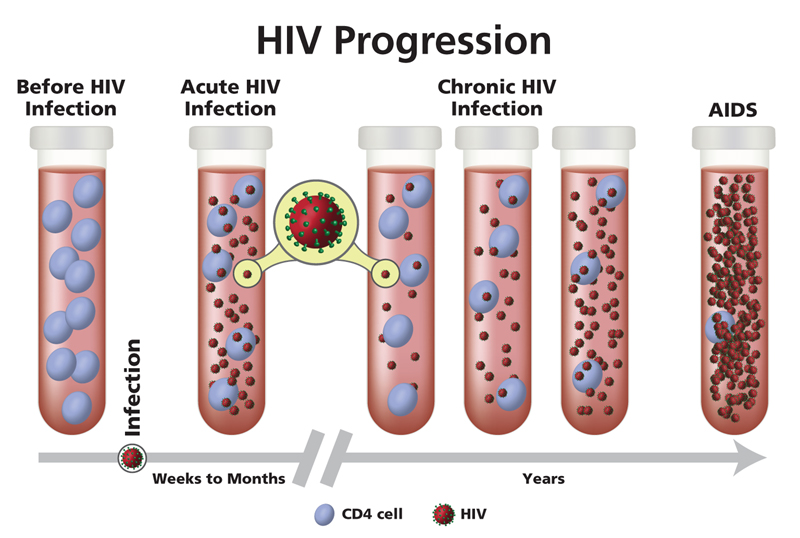 Source: hivinfo.nih.gov
Source: hivinfo.nih.gov
Stage 3 is when a persons immune system is very badly damaged and can no longer fight off serious infections and illnesses. Past infection convalescent period. Latent infection is characterized by the lack of demonstrable infectious virus between episodes of recurrent disease. While latent or latency period may be synonymous a distinction is sometimes made between incubation period the period between infection and onset of the disease and latent period the time from infection to infectiousness. Such infection is called subclinical infection.
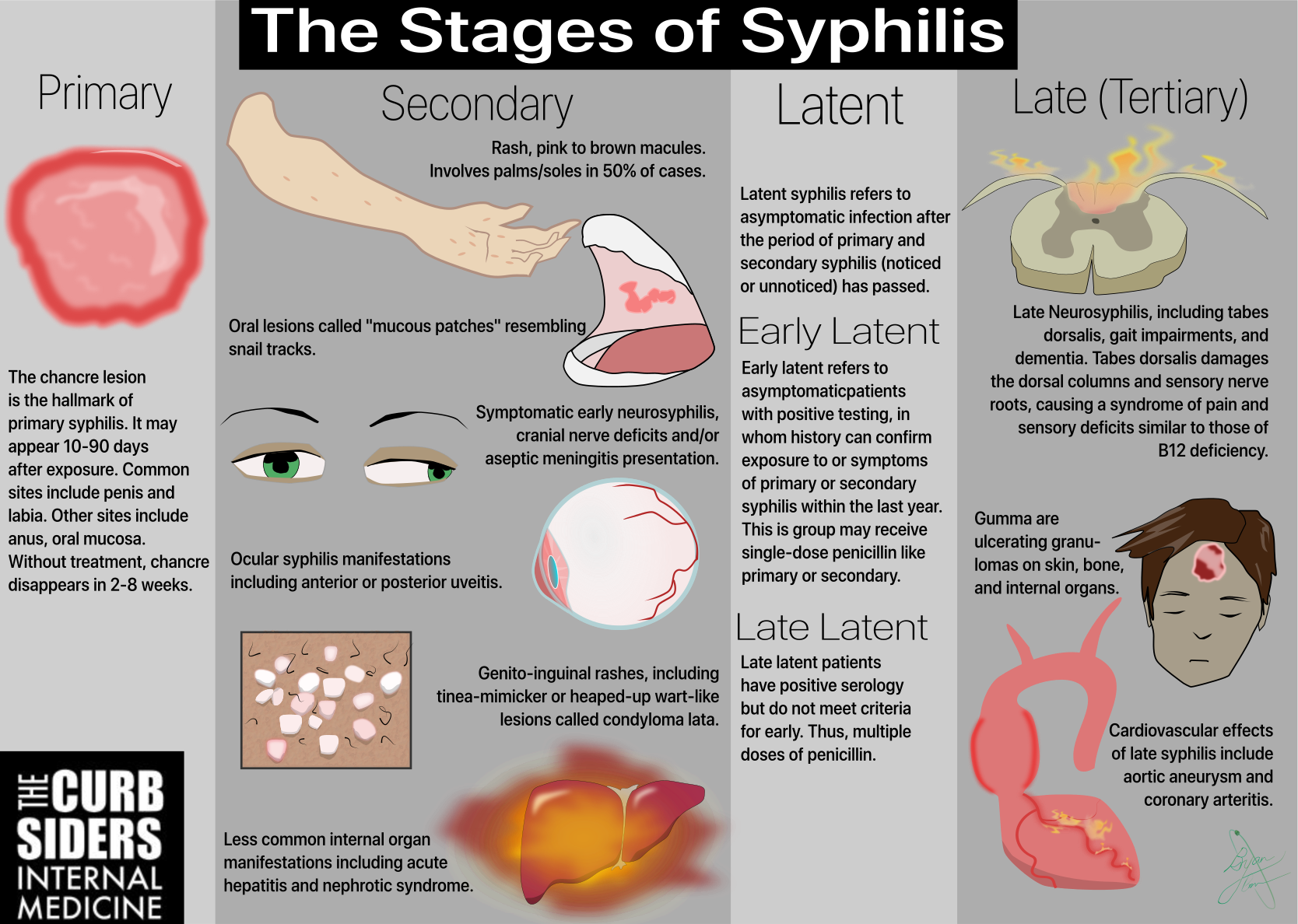 Source: middle-east.better2know.com
Source: middle-east.better2know.com
But the reaction of all bacteria is to become intimate with the human cells in the body. People acquire the infection by ingesting embryonated eggs with contaminated food and water. The stages of pathogenesis include exposure adhesion invasion infection and transmission. Different bacteria worked in different ways. The majority of infections however have incubation periods ranging between 2 and 30 days.
 Source: wiki.ecdc.europa.eu
Source: wiki.ecdc.europa.eu
Both a and c. Four Stages Of Bacterial Infection. A person in the prodromal stage of an infectious illness often displays nonspecific symptoms such as fatigue. Different bacteria worked in different ways. Chronic infection is characterized by the continued presence of infectious virus following the primary infection and may include chronic or recurrent disease.
 Source: munglobal.com.au
Source: munglobal.com.au
Stage 1 after initial infection can feel like flu but not everyone will experience this. Which periods of disease are more likely to associated with transmissibility of an infection depends upon the disease the pathogen and the mechanisms by which the disease develops and progresses. Acute HIV Infection. The symptoms are similar to those of the flu which last for a week or two. Acute HIV infection is the earliest stage of HIV infection and it generally develops within 2 to 4 weeks after infection with HIV.
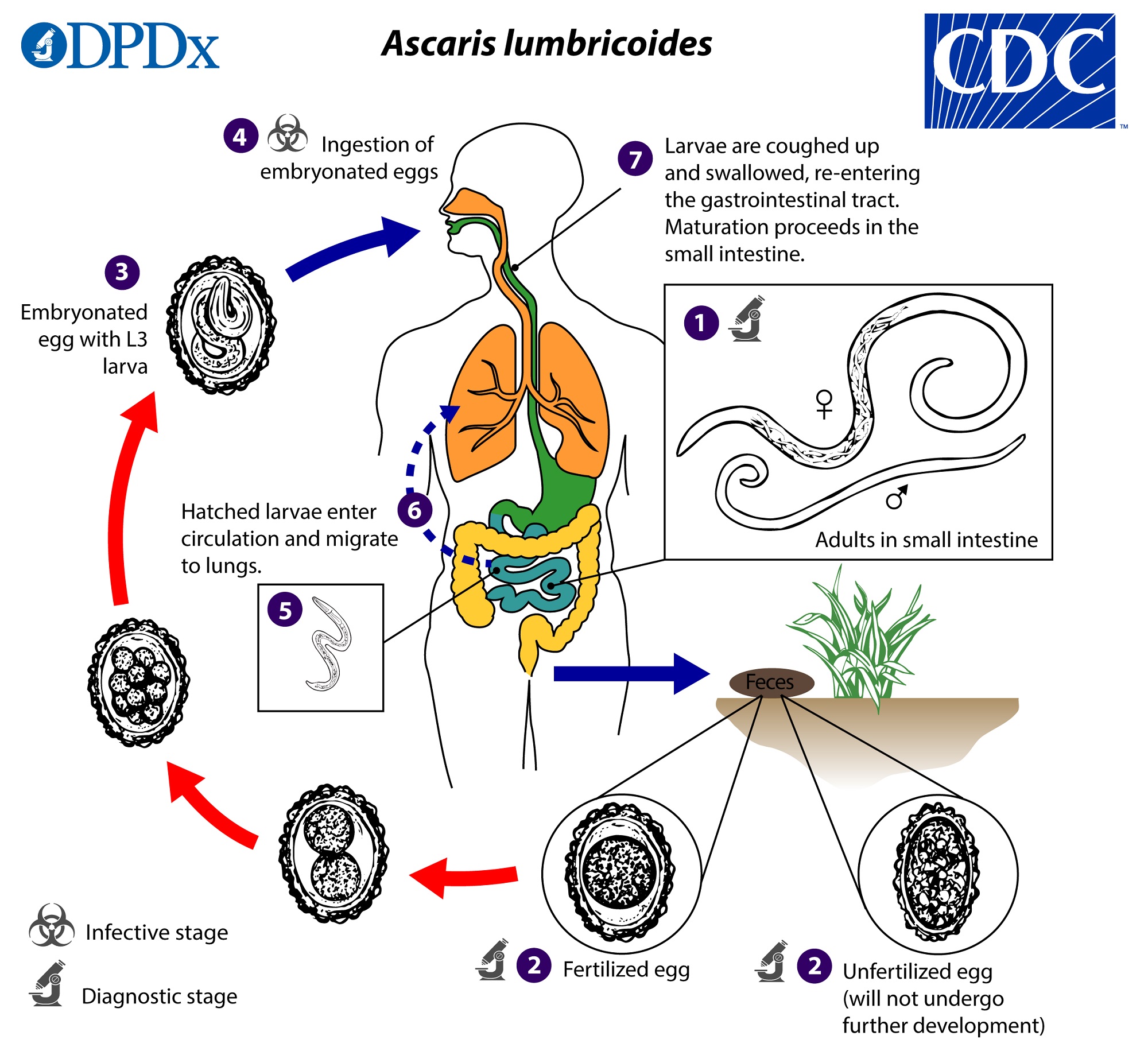 Source: cdc.gov
Source: cdc.gov
Following exposure and infection a sequence of events called the disease process can occur. Prodromal period of an infectious illness is the period between end of incubation period and the point at which the characteristic symptoms of the illness appear. Both b and c. This stage starts around two to four weeks after getting HIV. Following exposure and infection a sequence of events called the disease process can occur.
This site is an open community for users to do sharing their favorite wallpapers on the internet, all images or pictures in this website are for personal wallpaper use only, it is stricly prohibited to use this wallpaper for commercial purposes, if you are the author and find this image is shared without your permission, please kindly raise a DMCA report to Us.
If you find this site serviceableness, please support us by sharing this posts to your own social media accounts like Facebook, Instagram and so on or you can also bookmark this blog page with the title following stage of infection by using Ctrl + D for devices a laptop with a Windows operating system or Command + D for laptops with an Apple operating system. If you use a smartphone, you can also use the drawer menu of the browser you are using. Whether it’s a Windows, Mac, iOS or Android operating system, you will still be able to bookmark this website.



